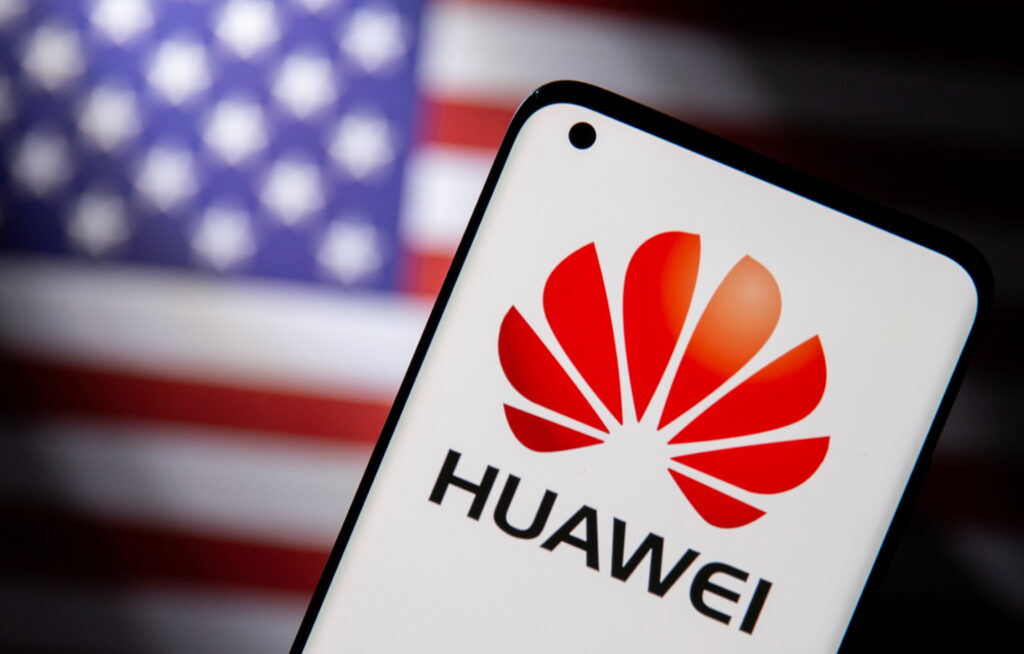

Huawei Technologies, the Chinese tech giant, has unveiled its latest artificial intelligence (AI) model for cloud computing services in an effort to keep pace with the rapidly growing AI industry.
The new model, called Pangu Model 3.0, is aimed at addressing specific industry needs and solving operational, product development, and software engineering challenges.
Huawei Cloud, the company’s cloud computing solutions unit, showcased the pre-trained AI model at its developer conference in Dongguan. The company intends to expand its AI-powered cloud services into sectors such as government, finance, and manufacturing.

What sets Huawei’s AI model apart is its reliance on its own hardware and platforms, as the company faces limitations on accessing essential computing hardware due to the US clampdown on Huawei. Unlike other companies using powerful graphic processing units (GPUs), Huawei’s model uses its proprietary Ascend-powered AI cloud services, which offer comparable computing power to mainstream GPUs at a lower cost.
Zhang Ping’an, the executive director and CEO of Huawei Cloud Computing Technologies, highlighted the benefits of the company’s AI platform, stating, “If you can’t buy the mainstream GPUs, you can now use Huawei’s Ascend-powered AI cloud services, which will free you from the suffering of high-priced GPUs.”
Huawei’s pursuit of AI dominance comes as other Chinese companies, including Alibaba, Tencent, and Baidu, also strive to develop their own large-language AI models. These companies aim to tap into the burgeoning AI market and contribute to China’s technological advancements.

Despite facing challenges due to a US government crackdown that heavily impacted its flagship smartphone business, Huawei Cloud has managed to engage in over 1,000 AI-related projects across various industries, ranging from mining and railways to meteorology and drug development. The company operates three large-scale AI computer centers in Gui’an, Wuhu, and Ulanqab, each capable of training large AI models.
Huawei Cloud’s market share in China grew to approximately 19% in 2022, positioning it as the second-largest player after Alibaba Cloud, according to research agency Canalys. While most of its market presence remains domestic, Huawei Cloud has made progress in international expansion, thanks to collaborations with Chinese enterprise partners venturing overseas and establishing new data centers in countries such as Turkey and Egypt.







Comments